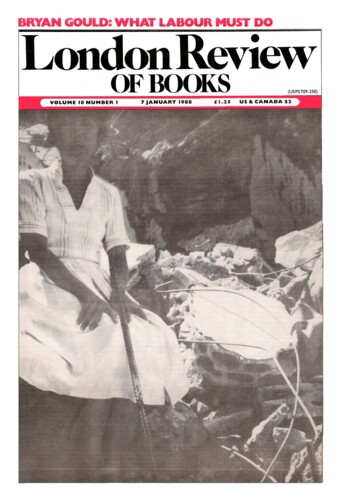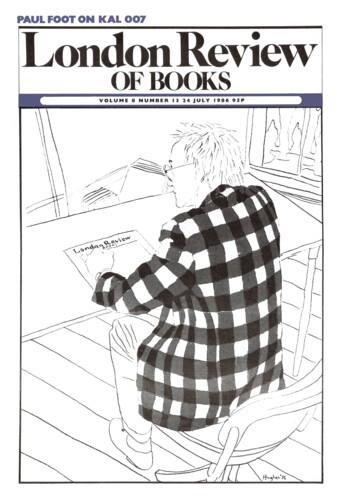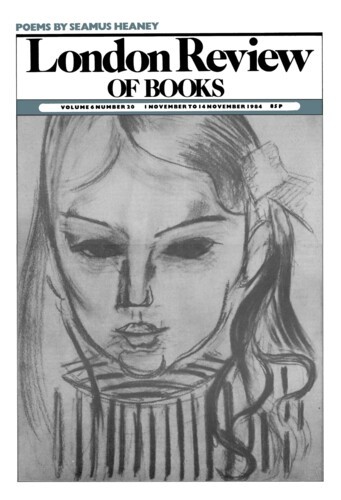New Life on the West Bank
J.M. Winter, 7 January 1988
One of Antonio Gramsci’s most compelling distinctions is between two kinds of political struggle. What he variously called the ‘war of manoeuvre’ or the ‘war of movement’ entailed the seizure of state power. This is not a problematic concept, and has as its clear model the Bolshevik experience. Understandably, in the inter-war years, this was the destination of Communist politics, but under the harsh circumstances of Fascist rule, it could only have been the ultima ratio, and not the prima ratio, of political action. Prior to the moment of truth when power changes hands, another kind of politics was required. Gramsci called this the ‘war of position’, and it may be best summarised as a struggle to change the cultural basis of politics, to challenge the hegemony of the ruling class and substitute for it the hegemony, or, in Gramsci’s terms, the ‘common sense’, of the masses. This distinction between alternative, but overlapping forms of political action has a bearing on conflicts well outside the framework of European Communism and class struggle between the wars. To Gramsci, Fascism was a kind of occupation of his country, and to defeat it required an enormous effort on many levels. The same may be said of the quite different circumstances of belligerent military occupation, and of the dialectic between a war of movement and a war of position in the struggle against it.



